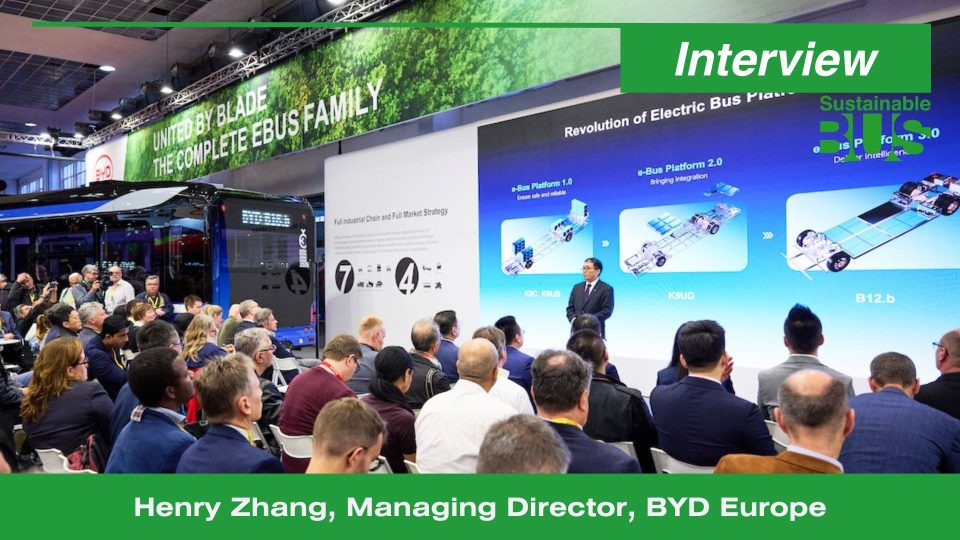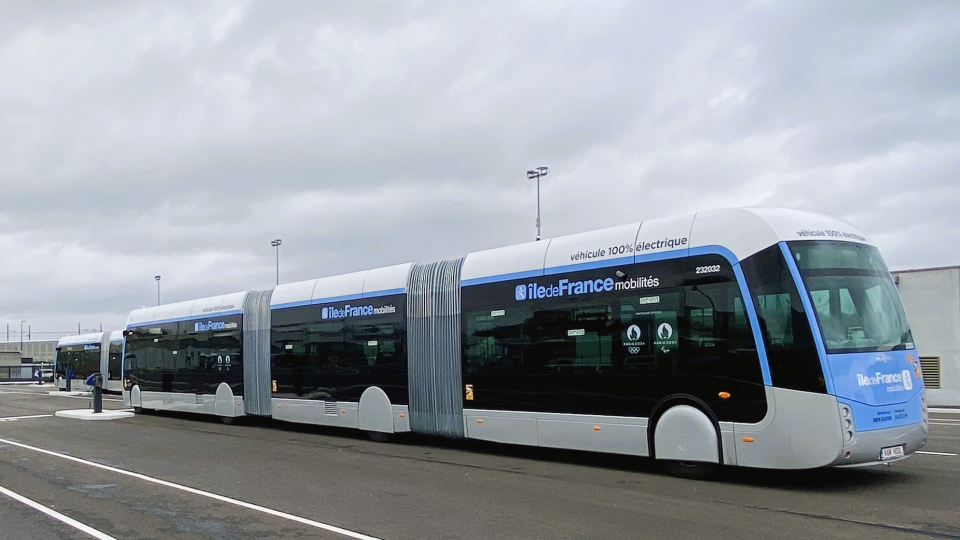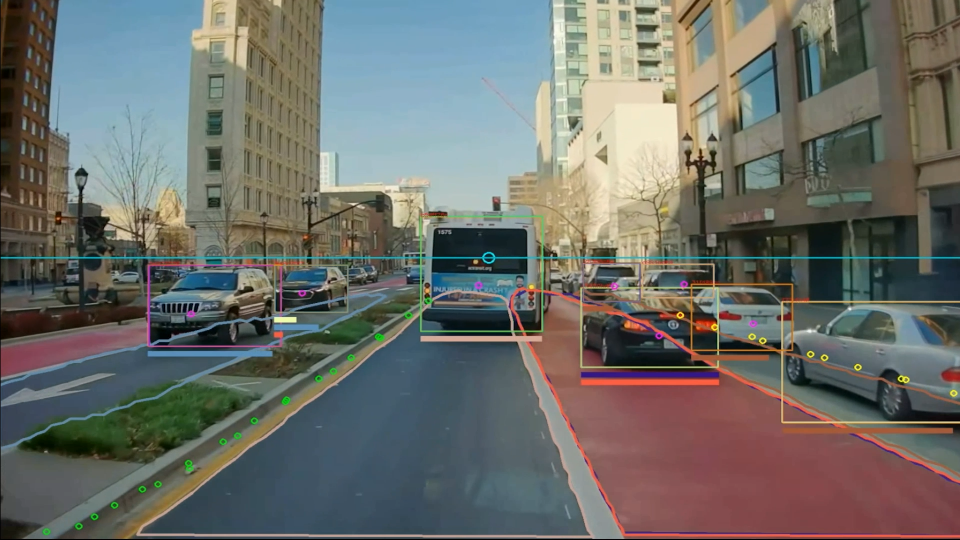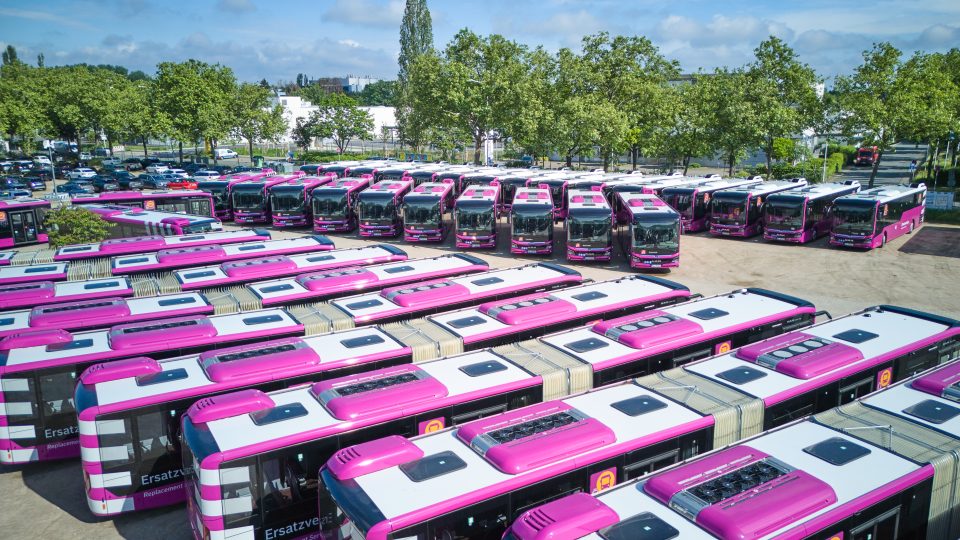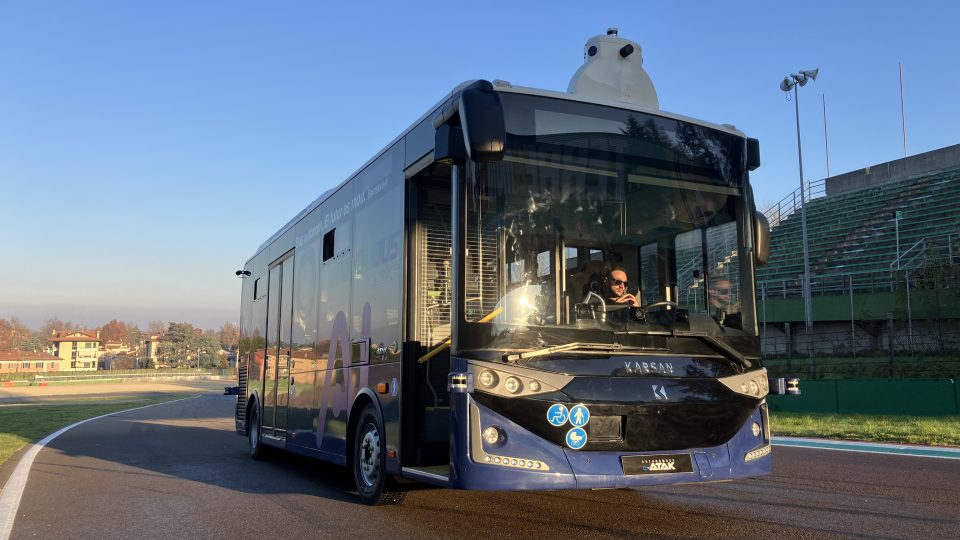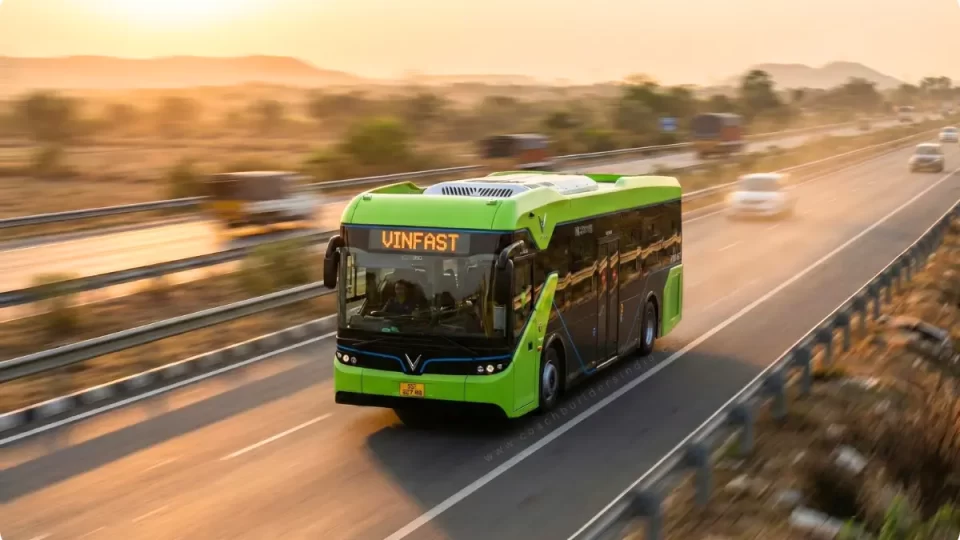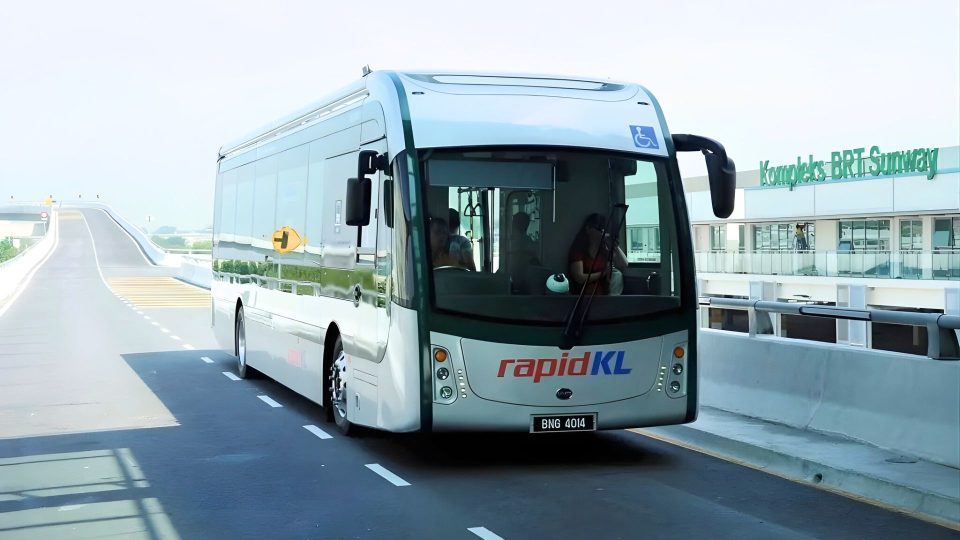Dakar electric BRT network is set to be in operation by summer 2024. 121 CRRC e-buses just delivered
Dakar recently introduced a fleet of electric Bus Rapid Transit (BRT) articulated buses (provided by Chinese CRRC). The delivery ceremony was held on November 28. Dakar Mobilité, owned by Meridiam (70%) and the Fonds souverain d’Investissements stratégiques du Sénégal (FONSIS), has also recently announced that it has raised €135 million needed to deploy Dakar’s future […]
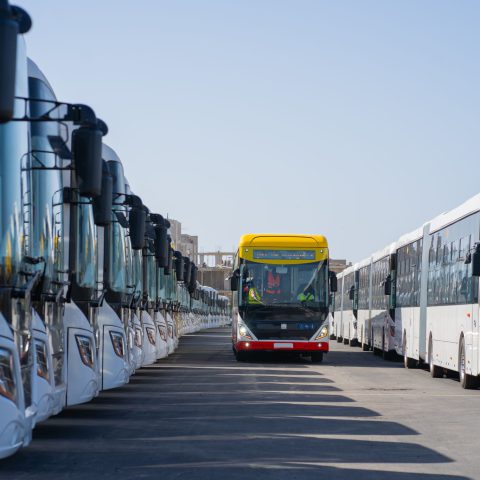
Dakar recently introduced a fleet of electric Bus Rapid Transit (BRT) articulated buses (provided by Chinese CRRC). The delivery ceremony was held on November 28.
Dakar Mobilité, owned by Meridiam (70%) and the Fonds souverain d’Investissements stratégiques du Sénégal (FONSIS), has also recently announced that it has raised €135 million needed to deploy Dakar’s future electric BRT bus network. Proparco, EAIF, PIDG TA (Technical Assistance) and the European Union (EU) joined forces to secure the financing.
Dakar residents should be able to use the first BRT buses by January 2024, with full availability of the system planned before summer 2024.
Dakar BRT project includes the operation and maintenance for 15 years of a new clean public transport network. Each bus has batteries with a capacity of 563.8 kWh. German company CarMedialab (part of INIT group) was selected to implement the charging management system.
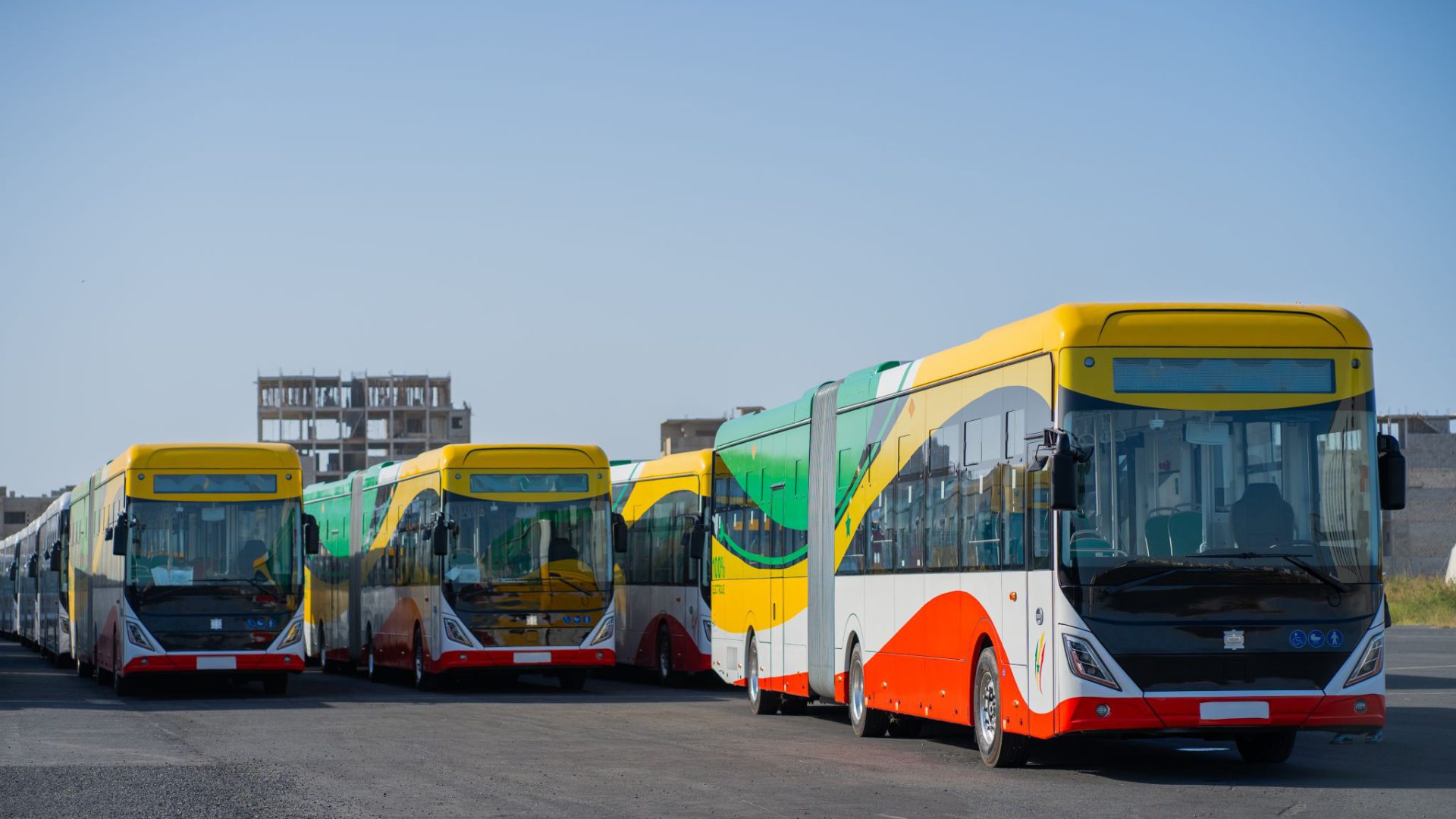
121 BRT e-buses by CRRC in Dakar
Dakar Mobilité, overseeing bus procurement, maintenance, and BRT operations, just received 121 large-capacity electric vehicles. This move aims to reduce atmospheric emissions and the carbon footprint associated with transport in Dakar, avoiding an estimated 59,000 tonnes of CO2 emissions annually.
When it goes into service, the BRT system in Dakar will link the Petersen bus station at Dakar Plateau (in the city center) to the prefecture of Guédiawaye in the northern suburbs, thanks to a 121-bus fleet, powered 100% by electricity.
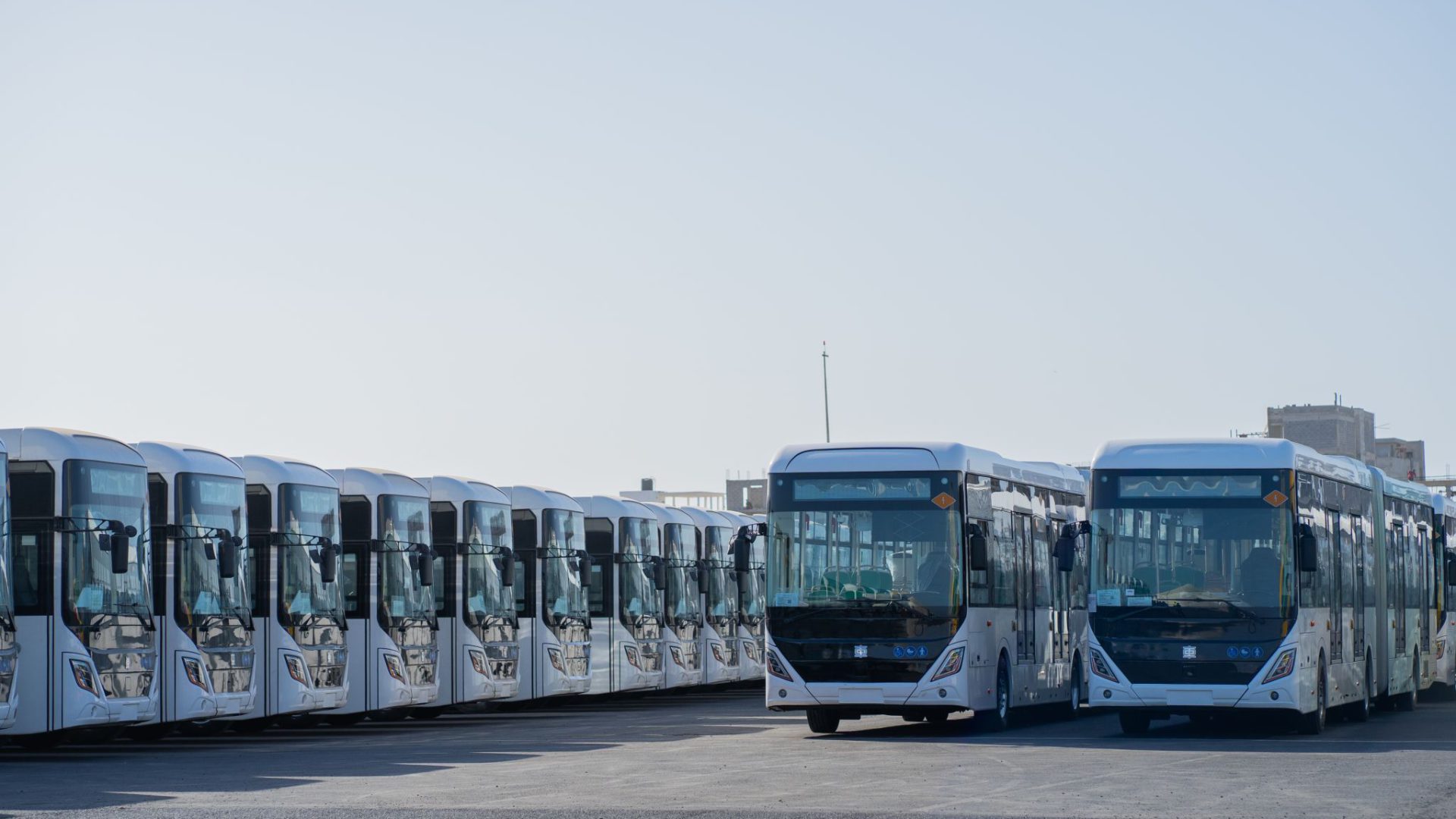
To finance the Dakar BRT equipment, a €85.4 million loan is being provided in equal parts by Proparco, the private sector subsidiary of Agence Française de Développement, and Emerging Africa Infrastructure Fund (EAIF), acting through its management company Ninety-One, Meridian states. And adds: “Both are also providing Dakar Mobilité with a loan for a total of €6.4 million to finance the replacement of the buses’ batteries at the end of their useful life (eight years). Two grants, one provided by the European Union (EU) for 7 M€, the other secured from PIDG TA for around 9 M€, complete the financing of the project. The equity is being provided by Meridiam and FONSIS”.
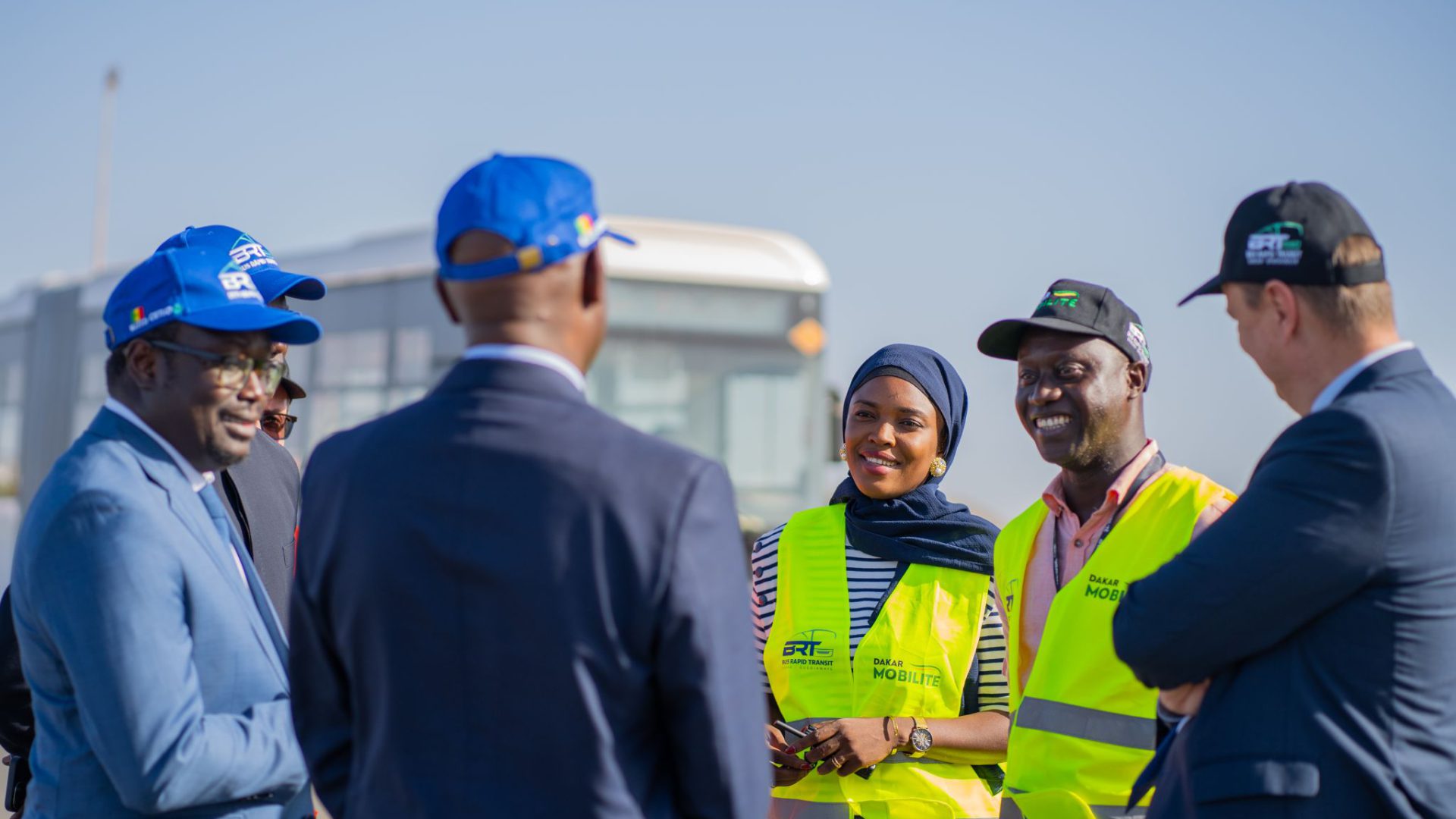
The BRT-system will become a major transportation option in the Dakar urban area, with an expected 300,000 passengers/day travelling between the suburbs and the city center. It will cover 18.3 km of Dakar, connecting 23 stations and 14 of the city’s most densely populated districts from north to south, via four lines (one “omnibus” line and three express or semi-express lines).


